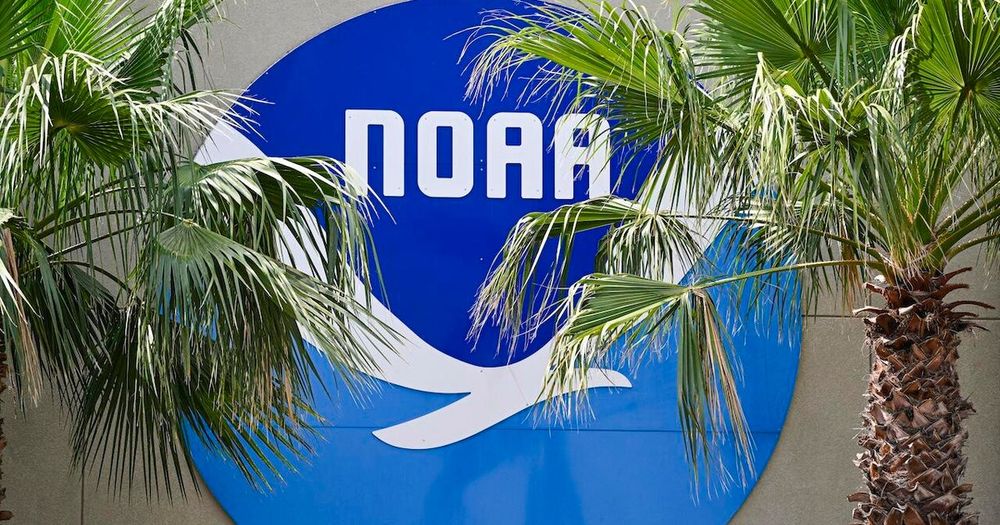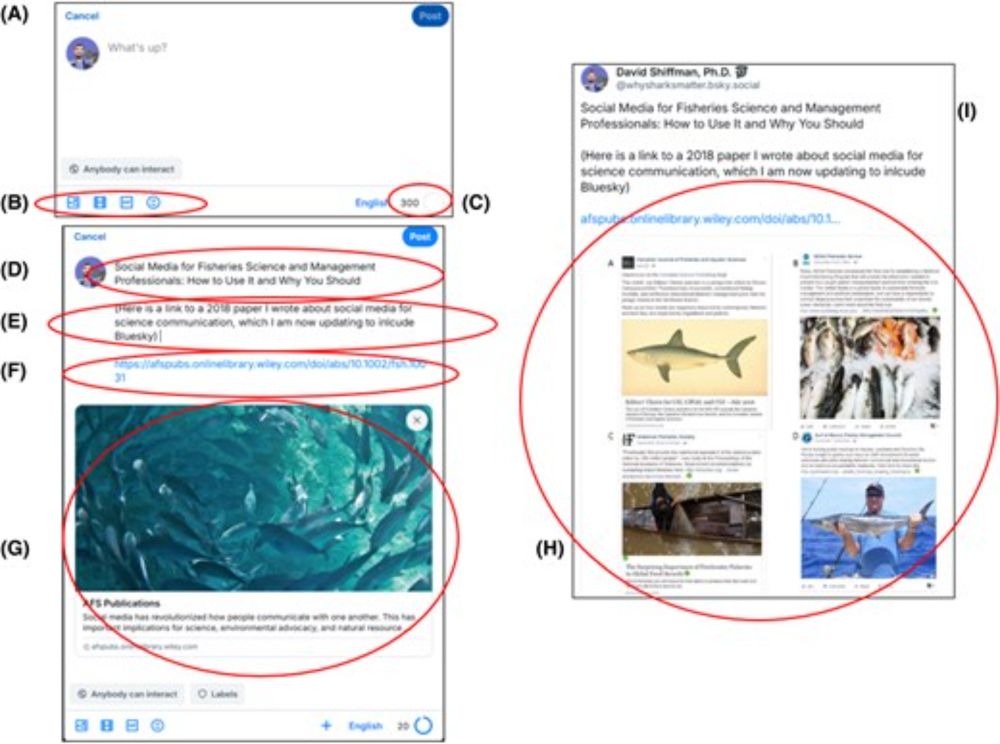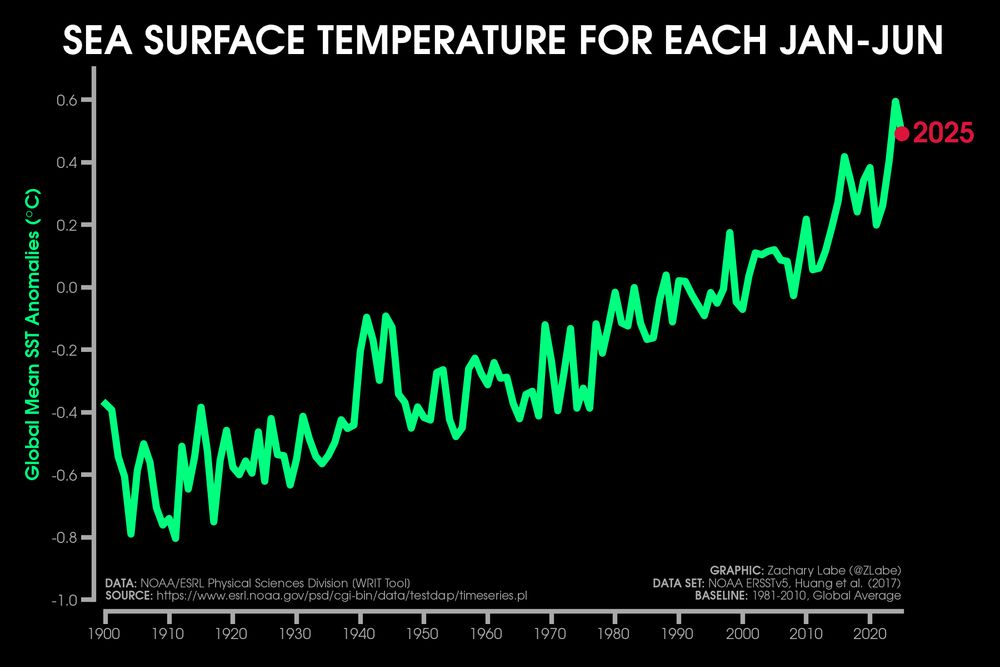Mónica Medina
@momedinamunoz.bsky.social
4.1K followers
1.2K following
270 posts
Mom. Coral reef scientist and environmentalist. Host-microbe interactions. Anthropocene coral holobionts. Diversity in STEM advocate. Former fencer. Diver. Sailor wannabe. medinalab.org, redcientificacol.org 🇨🇴, diversifyoceansciences.org, spawnwatch.org
Posts
Media
Videos
Starter Packs
Pinned
Reposted by Mónica Medina
Mónica Medina
@momedinamunoz.bsky.social
· Aug 31
Reposted by Mónica Medina
Reposted by Mónica Medina
Ana Palacio
@anapalacio.bsky.social
· Aug 29

Research Associate II in Miami, Florida, United States of America | Research at University of Miami
Apply for Research Associate II job with University of Miami in Miami, Florida, United States of America. Research at University of Miami
careers.miami.edu
Reposted by Mónica Medina
Reposted by Mónica Medina
Gina Baucom
@gbaucom.bsky.social
· Aug 28
Reposted by Mónica Medina
Reposted by Mónica Medina
Reposted by Mónica Medina
Andrew Dessler
@andrewdessler.com
· Jul 31
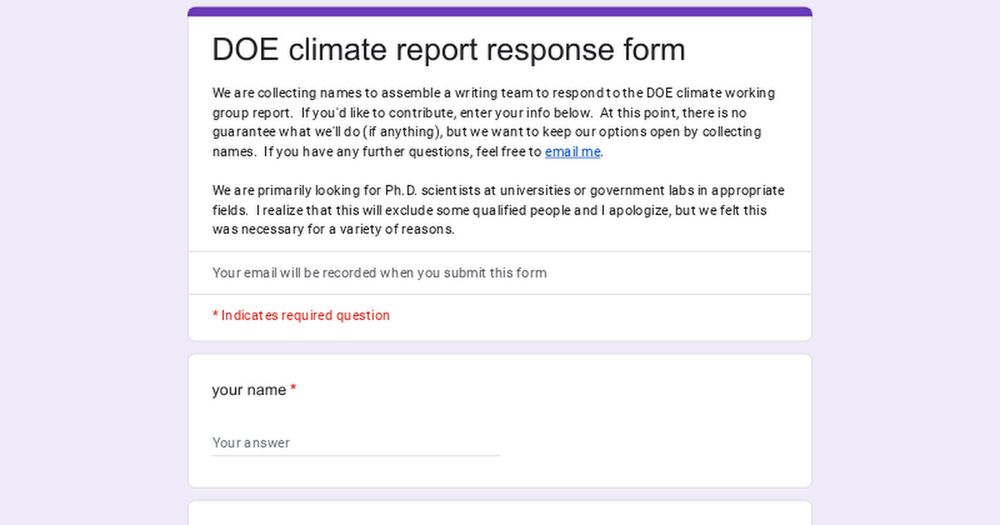
DOE climate report response form
We are collecting names to assemble a writing team to respond to the DOE climate working group report. If you'd like to contribute, enter your info below. At this point, there is no guarantee what we'll do (if anything), but we want to keep our options open by collecting names. If you have any further questions, feel free to email me.
We are primarily looking for Ph.D. scientists at universities or government labs in appropriate fields. I realize that this will exclude some qualified people and I apologize, but we felt this was necessary for a variety of reasons.
forms.gle
Reposted by Mónica Medina
Madhu Pai, MD, PhD
@madhupai.bsky.social
· Jul 25
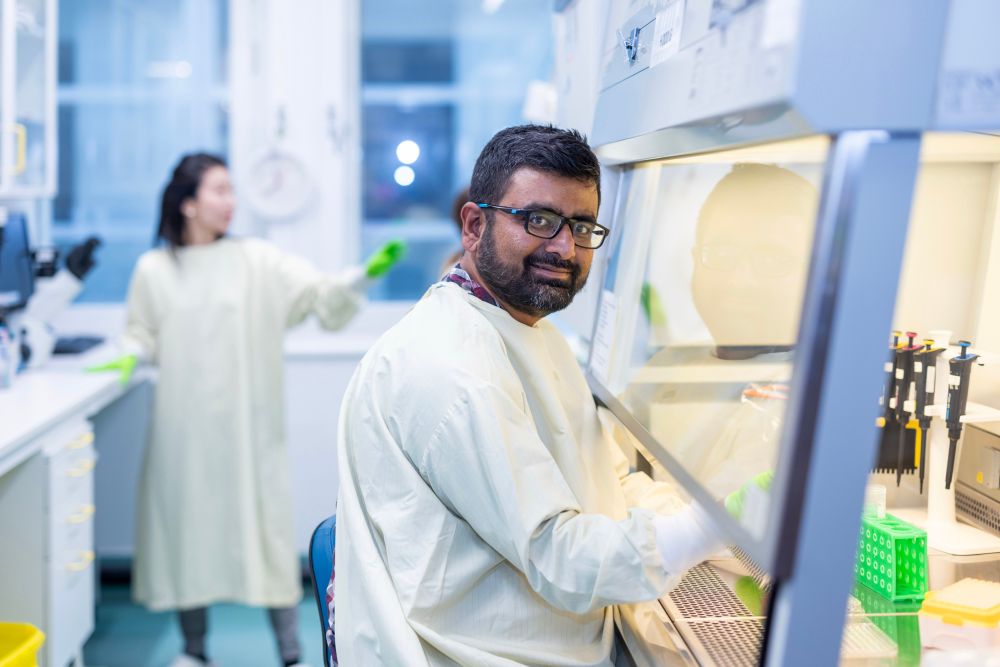
Call for 20 Assistant Professor positions
Karolinska Institutet is a world-leading medical university with a long and proud history of ground-breaking research. We are now recruiting outstanding early-career researchers with particularly exce...
ki.se
Reposted by Mónica Medina
Reposted by Mónica Medina
Reposted by Mónica Medina











